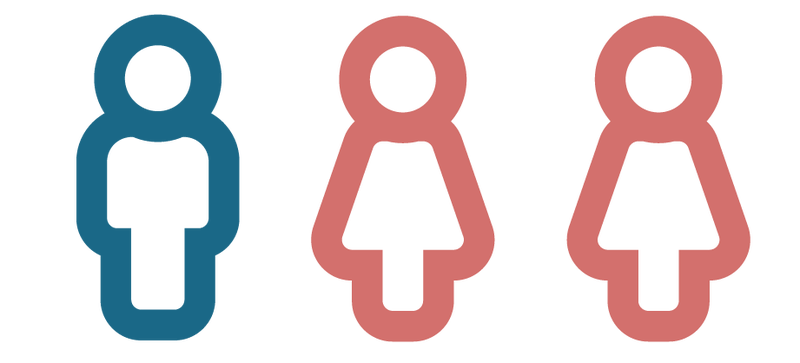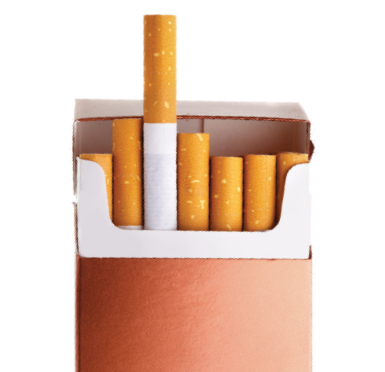| BY THE NUMBERS |
Incontinence
Incontinence, with urine or bowel leaks, is more common than you may think.
Types of incontinence:
- Stress incontinence (urine leaks with a cough, exercise, laugh or lift)
- Urge incontinence (also called “Overactive Bladder”, with an urgent need to urinate)
- Mixed incontinence (a mix of stress and urge incontinence)
- Overflow incontinence (the bladder overflows, causing leaks)
- Nocturia (waking up to urinate more than once per night)
- Bowel incontinence (when gas, mucus, or liquid stool leaks)
At least
1 out of 2
Americans over age 65 struggle with accidental urine or bowel leaks
55%
of women age 20 and older have urinary incontinence
2X

more women have urine leaks, compared to men

Smokers are more likely to have urge and mixed incontinence

Women who exercise for 30 min. or more per day are less likely to have incontinence
1 in 3
adults over age 30 wake up at night to go to the bathroom (nocturia)
Symptoms of pelvic floor dysfunction may include:

Trouble urinating or having bowel movements

Leakage of urine or stool

Constipation

Lower back pain

Painful sexual intercourse
Patients with nocturia have
38%
higher risk for falls
32%
higher risk for fractures
45%
of elderly Americans at home receive care for urinary or bowel incontinence
(39% of nursing home residents receive this care)
Ways to stop leaks at home:
- Daily pelvic floor exercises – 3 sets of 8-10 Kegels, held for 3-10 seconds
- Quit smoking
- Lose weight
- Exercise for 30 minutes or more per day (walking counts)
- Drink plenty of water, but not 2-4 hours before sleep
- Cut caffeine and alcohol
- Ask about medication
- Use absorbent briefs, pads, or skin care products as needed
- Catheters or ostomy bags can help
While exact causes are not known, the 3 most common causes in women are:

Pregnancy & Childbirth

Aging

Obesity
UrologyHealth.org | SPRING 2022 | UROLOGYHEALTH extra